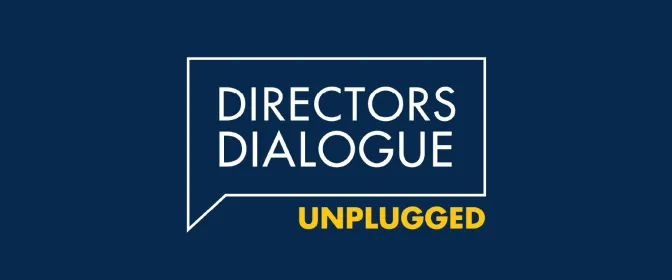
Government Shutdown? Debt Ceiling? Professor Christopher Laincz Weighs In
Christopher Laincz, Ph.D., associate professor of economics and director of the LeBow Ph.D. program, has spent much of his career researching macroeconomics and economic development. Here, he shares his insights about the federal government shutdown and what Americans can expect October 17 if the debt ceiling isn’t raised.
Q: How is the government shutdown going to affect businesses in Philadelphia? A: There are approximately 22,000 federally employed workers in the Philly metro region according to Census data – maybe half are considered non-essential and therefore not working. These people, who are not receiving a paycheck, may begin cutting back on spending as they do not know when their next paycheck will arrive. This will affect some businesses.
Q: Where do you see the greatest impact? A: The most immediate impact is the shutdown of the national parks, e.g. Independence Hall. Businesses in the area will certainly see a drop in patronage. The area around 5th and Market streets relies on tourism for its income. With the closure of the national parks, they will see a drop in business and may cut back hours of some employees. The longer the shutdown persists, particularly for businesses paying the high rent in that area, the more difficult the situation will become for them.
Q: What about other organizations in the city. Are they affected? A: Other effects on the region include an impact on the large number of universities and colleges in the area; federally sponsored student loan payments and applications will be delayed. That could lead to some headaches for students waiting on those to clear.
Q: So does the government shutdown cost us or save us money? A: That’s the irony. Although a shutdown implies less spending temporarily by the federal government, in the past the shutdown has always cost the economy and the government rather than saved anything. The shutdowns in 1994-5 were estimated to cost the national economy approximately $1.4 to $2 billion dollars.
Q: How does the upcoming debt ceiling discussion impact all of this? A: Really, more important than the current shutdown is the looming prospect of default by the U.S. government if the debt ceiling is not raised. At a time when the economic recovery appears to be finally taking hold, the consequences would be far more significant. If the ceiling is not increased by October 17, the U.S. government would first consider shutting down or severely restricting other government activities to maintain its debt payments, but can only do so for a few weeks, a couple months at most, before it would have to renege on its obligations.
Q: Would Philadelphia experience further effects? A: These cutbacks would contribute to the fallout of the current shutdown and certainly have an impact on the Philadelphia metro region, but more so globally. The threat of default will thoroughly rattle global and domestic confidence in the U.S. economy’s ability to survive its own government. Should a default actually occur, markets would fall sharply and the likelihood of a new recession would increase, if the situation is not quickly resolved.
Q: What happens if the U.S. defaults on its debt? A: A default on our debt, something that typically only occurs to countries in the most severe of economic circumstances, would cause bond rates to jump, followed by increases in interest rates across the board, from lines of credit for businesses to mortgages. We could find ourselves in the near credit freeze we saw back in October of 2007 which sent the economy into its worst downturn since the Great Depression. Combined with the current government shutdown there will be little reason for much faith or consumer confidence in the federal government and, ultimately, in the U.S. economy for years.



